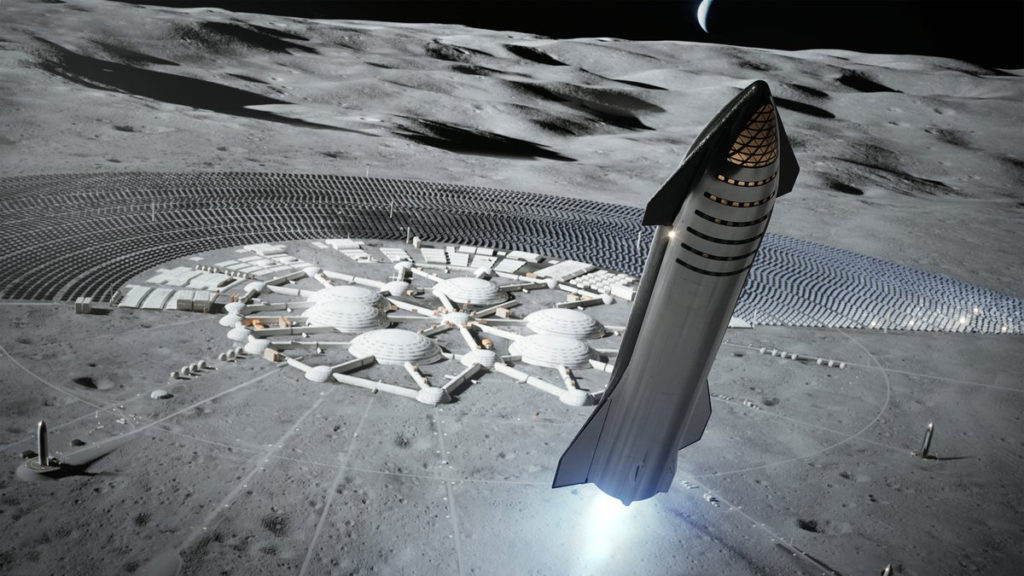
Elon Musk sent an email to employees over the holidays warning that SpaceX is at risk of bankruptcy in the coming year if it doesn’t manage at least one flight every two weeks.
What it comes down to, is that we face a genuine risk of bankruptcy if we can’t achieve a Starship flight rate of at least once every two weeks next year.
This would be a herculean effort to achieve due to weather complications and other moving parts. The good news is that it was valued as a $100 billion dollar company in October following a massive $755 million share sale among its investors. The bad news is that the company has experienced what the CEO called a “Raptor production crisis” after two vice presidents left SpaceX. Raptor is the name of the engine used in the rocket for Starship. The current design uses 37 Raptors.
As we have dug into the issues following the exiting of prior senior management, they have unfortunately turned out to be far more severe than was reported. There is no way to sugarcoat this.
SpaceX is important for many reasons. There has been mostly positive news with the company’s satellite-based internet service Starlink, but getting those into orbit depends on SpaceX. Furthermore, the Raptor engine is for deep space exploration, which is crucial for bringing humans to the Moon, Mars, or beyond. A $300 million contract from NASA was also awarded to SpaceX for its lunar missions.
The situation is so dire that the CEO planned on taking the whole holiday weekend off, but he returned to work on Friday to reign in the crisis. He contacted employees asking them to return to work because he needed “all hands on deck to recover from what is, quite frankly, a disaster,” unless there were complications or family situations preventing them from doing so. He is hopeful an orbital launch will occur in January or February 2022 if it passes all needed approvals and inspections.
